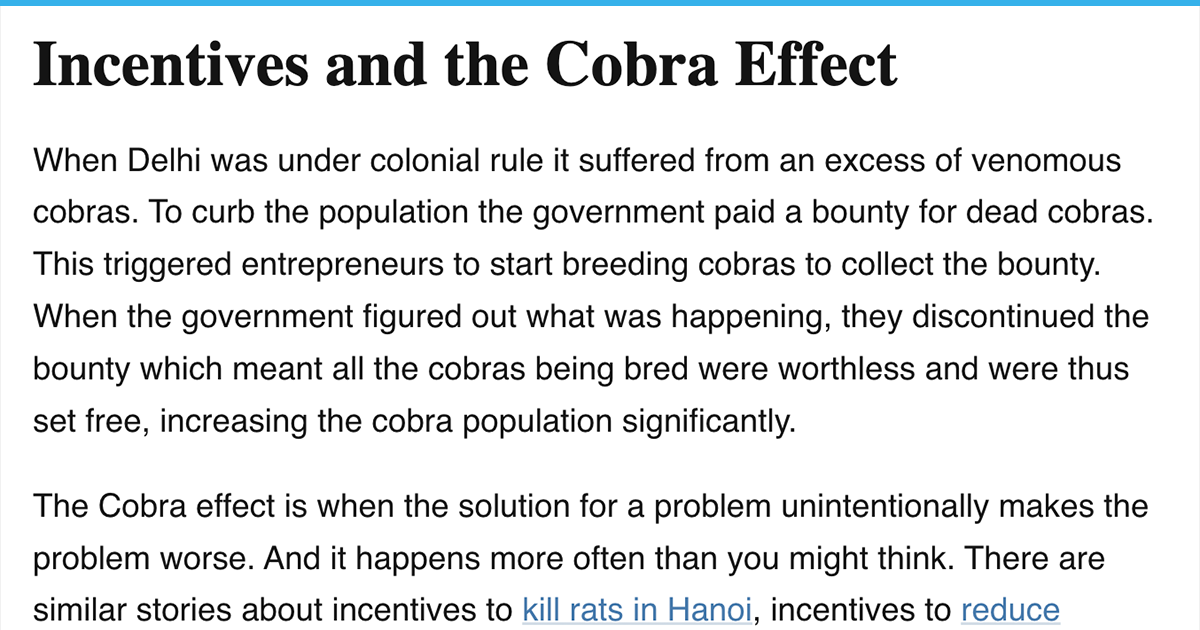- Highline =>Spotting Opportunities in High Growth Markets.
- Posts
- No BullSh**T Why Property is So Expensive in Australia
No BullSh**T Why Property is So Expensive in Australia

Podcast Link:https://open.spotify.com/show/2gwZ88PmWkzDW9dC9bosy1
YouTube: https://youtu.be/Bga87gFpo3w
Top Ideas From The Podcast:
Why does Australia have the world’s second most expensive housing?
The origin of the Australian Dream?
Interest Rates?
How zoning and planning laws stop new developments.
CGT and Halving of capital gains tax.
Every Policy Input Is A Result of Political Output
The origins of Australia's intense focus on property ownership to policies initiated by Prime Minister Robert Menzies in 1949. Menzies promoted homeownership as a moral imperative, leading to a significant increase in housing supply and ingraining the idea of owning a home in the Australian psyche.
This concept of property ownership as a symbol of success and stability has been perpetuated by what psychologist René Girard calls 'memetic desire'—our desires mirroring societal values rather than individual aspirations.
This has led to a self-perpetuating cycle where property is seen not just as a home but as the ultimate financial investment and a key to wealth. The impact of this belief has been profound: Young Australians are financially burdened by housing costs, especially in major cities, and wealth generation has shifted from being a result of education and hard work to a matter of geography and inheritance. Consequently, the housing market has evolved into a speculative investment, influenced by decades of government policy and economic decisions.
The Wealth Generation Myth: In Australia, the property isn't just a roof over your head; it's seen as the golden path to riches.
Geography Meets Urban Planning: Major cities designed around a solitary CBD, creating a fierce competition for homes within a 50km halo. The result? A mad scramble for a limited supply of mostly low to medium-density housing.
The Zoning Laws: The federal government passes down planning and development to state and local councils. These councils, sometimes swayed by powerful interests, can stymie new development.
The Central Banking Conundrum: Interest rates and monetary policies, where central banking decisions ripple through the property market, often in unexpected ways.
The Immigration Effect: Australia, a land of vast spaces yet scarce homes, sees its property market pressures amplified by steady streams of immigration.
Investor Incentives – A Double-Edged Sword: Tax breaks like negative gearing and reduced capital gains tax have turned property from a roof over your head to a lucrative investment.
Mini Bit
But the biggest misallocation of capital is the limited understanding of taste—what do people actually want?"


